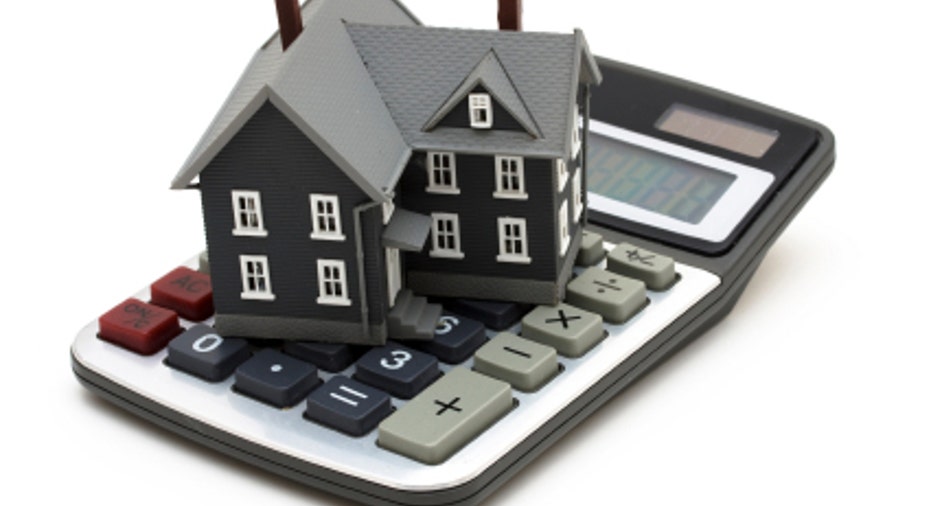Should I Tap My House for Cheap Money?

Dear Dr. Don, I paid off my house in 2002. Should I consider taking out a mortgage to take advantage of low interest rates and bank the money for future use, such as an auto purchase?
Thanks, -- Jodi Jumpback
Dear Jodi, Congratulations on being mortgage-free for a decade. I can understand why today's low mortgage rates are making you wonder whether you should get back into a mortgage to use this inexpensive source of funds to finance future financial goals.
Financing a car with tax-deductible mortgage debt instead of a car loan can make perfect financial sense if you don't have to pay a lot in closing costs for the mortgage. Keep in mind that Bankrate's 2011 survey found the national average for closing costs on a $200,000 home loan was $4,070. For your purposes, you might use a home equity loan or line of credit and not a new first mortgage. But since you don't have an existing mortgage, the home equity loan or line would become your first mortgage, and your closing costs would likely be higher than if you were a home equity borrower with a first mortgage outstanding.
Home equity debt also doesn't have the low rates that a new first mortgage would have. Bankrate's national averages in early March were 6.53% for a home equity loan and 5.24% for a home equity line of credit. Meanwhile, the average for a 30-year fixed-rate mortgage was 4.11%, and the average for a 15-year fixed rate was 3.34%. Note that a home equity line of credit also is adjustable-rate debt and will follow changes in short-term interest rates over time.
A home equity line of credit could be used as a substitute for an emergency fund. But homeowners found out during the downturn in housing prices that it's not a perfect substitute for cash in the bank. Lenders will cut back on the size of the line based on lower home values if real estate prices decline.
You could instead use a cash-out first mortgage to put aside money for emergencies, but that brings a different set of considerations. Banking the proceeds from the mortgage becomes problematic because you'll earn next to nothing on those savings. For this to make sense you'd have to expect to earn more on the money after tax than the effective (that is, after-tax) rate on your mortgage. That doesn't happen when you put the proceeds into a savings account.
For the mortgage to be worth your while, you'd also want to be certain you can fully utilize the mortgage interest deduction on your taxes. This means you have to itemize enough expenses to exceed the standard deduction by the amount of the mortgage interest. If the mortgage interest expense is just replacing the standard deduction on your income tax return, it's really not doing anything for you. Talk to your tax professional if you're not sure whether you can fully utilize the mortgage interest deduction.
Well, I've talked myself out of recommending that you borrow against your house to buy a car or to salt money away in savings. You've been free of mortgage debt for a decade. Don't let today's low rates convince you that it's time to releverage your real estate investment.
Bankrate's content, including the guidance of its advice-and-expert columns and this website, is intended only to assist you with financial decisions. The content is broad in scope and does not consider your personal financial situation. Bankrate recommends that you seek the advice of advisers who are fully aware of your individual circumstances before making any final decisions or implementing any financial strategy. Please remember that your use of this website is governed by Bankrate's Terms of Use.



















